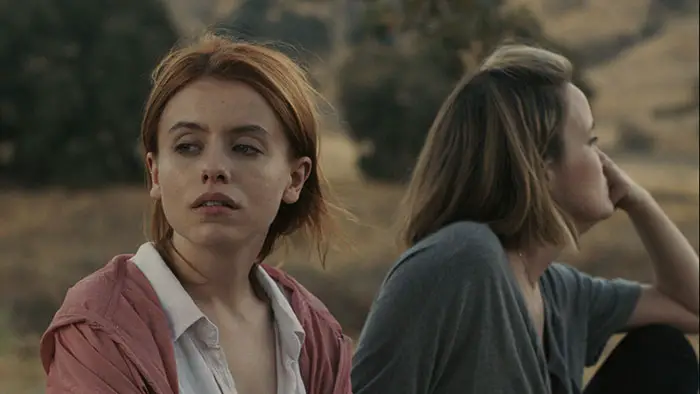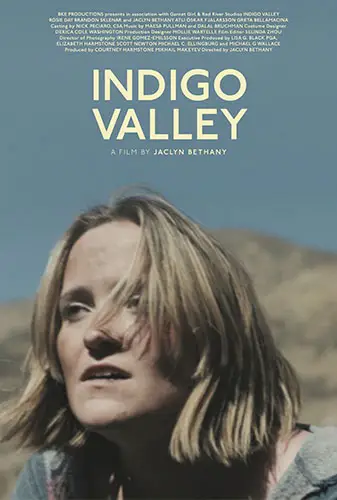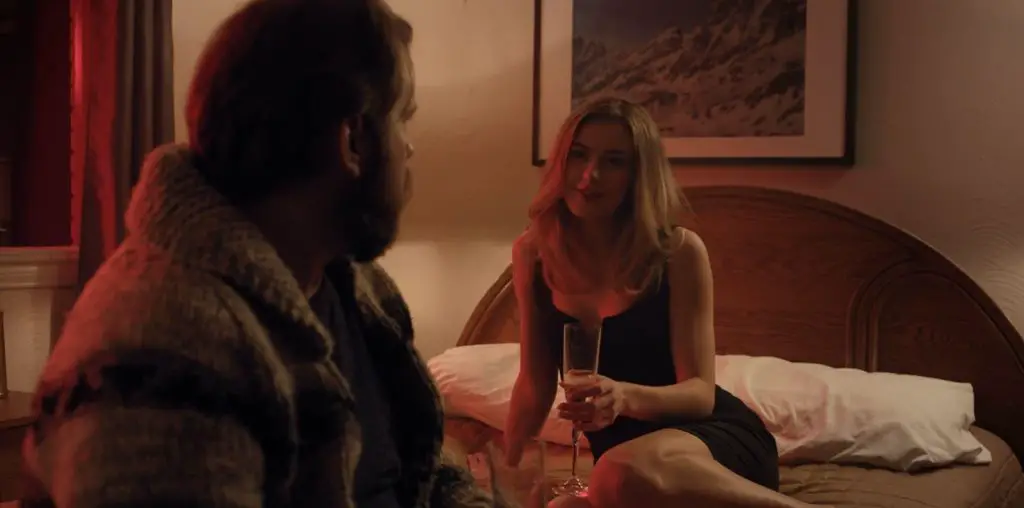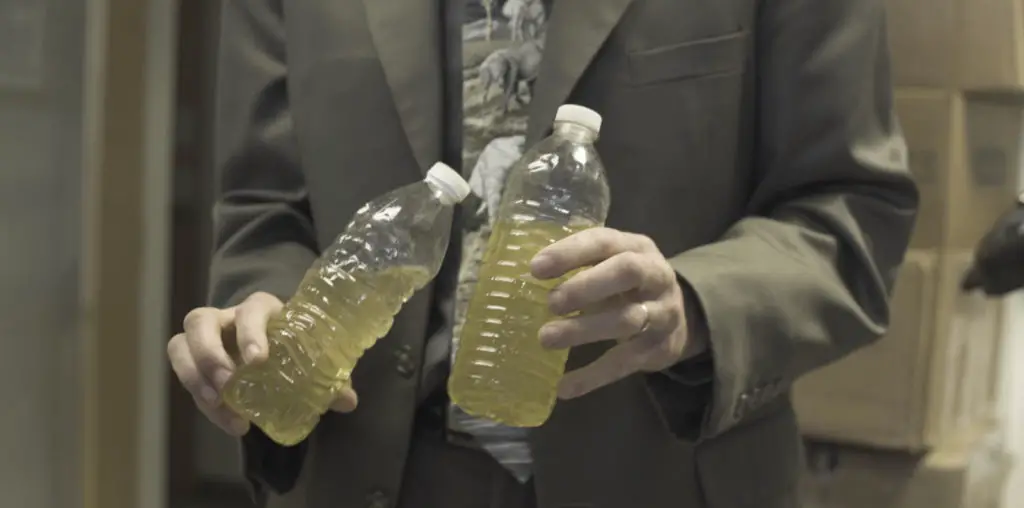
If your life is a dramatic narrative written for film, family is your go-to antagonist. As much as you, the protagonist, desire to live a happy and healthy life, family is there to stand in your way, and as they say, “you can choose your friends, but you can’t choose your family.” Jaclyn Bethany’s Indigo Valley pushes hard on this conflict between sisters.
Sisters Louise (Rosie Day) and Isabella (Jaclyn Bethany) have been estranged for quite some time. Isabella is an actress and walks down the dark, destructive road to stardom by way of anonymous sex and substance abuse. Louise appears to be the more “normal” of the two. She has long ago given up on Isabella being any part of her life and moved on with new husband, John (Brandon Sklenar).

“…Isabella arrives on the first day of Louise and John’s honeymoon in the wilderness. So, of course, she has to come along.”
But family is family, and blood means you’re always tied to one another. After missing Louise’s big art show opening, Isabella checks herself into rehab, and when she is released, Louise is literally the only person in the world that can care for Isabella…you know, family. The timing couldn’t be worse, as Isabella arrives on the first day of Louise and John’s honeymoon in the wilderness. So, of course, she has to come along.
The best parts of Indigo Valley are the performances and story—for the most part. The entire film is devoid of any exposition, and history between the sisters is told through flashbacks, which also has no exposition. Everything you learn about these three characters is told through the acting, and comes out through natural conversation.
What remains is a film that leans heavily on acting, not only how dialogue is delivered, but also in the physical performances as well. I’m making a big deal about this because large studios would never trust stories to be told solely by “small,” natural performances. It forces audiences to figure out the story and important character moments on their own. Making audiences work means they’re engaged in the story. Now the issue for filmmakers is, how much do you expect them to work?

"…like life, not always come out with a happy ending."


